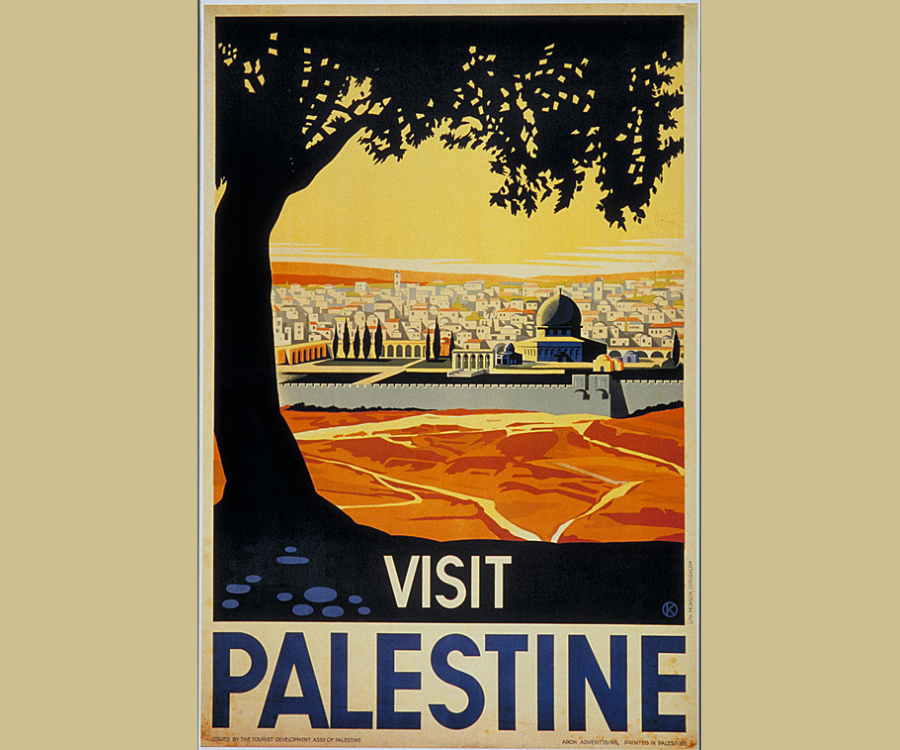
Latest News

![“Stranger in My Own Land: Palestine, Israel and One Family’s Story of Home” by Fida Jiryis [Book Review]](https://epalestine.ps/sambahour/wp-content/uploads/2022/09/stranger-in-my-own-land-1183647562.jpeg)
“Stranger in My Own Land: Palestine, Israel and One Family’s Story of Home” by Fida Jiryis [Book Review]
I am ecstatic to be able to share with you the first review of the forthcoming book, Stranger in My Own Land: Palestine, Israel and One Family’s Story of Home, by Fida Jiryis. It was published in Le Monde diplomatique (English edition), September 2022 Issue, as part of their Palestine special report. For over a decade, I witnessed the making of this landmark memoir from concept to publishing. All I can say is R-E-S-P-E-C-T to the author and publisher. Order your copy today; this is not one to be missed!
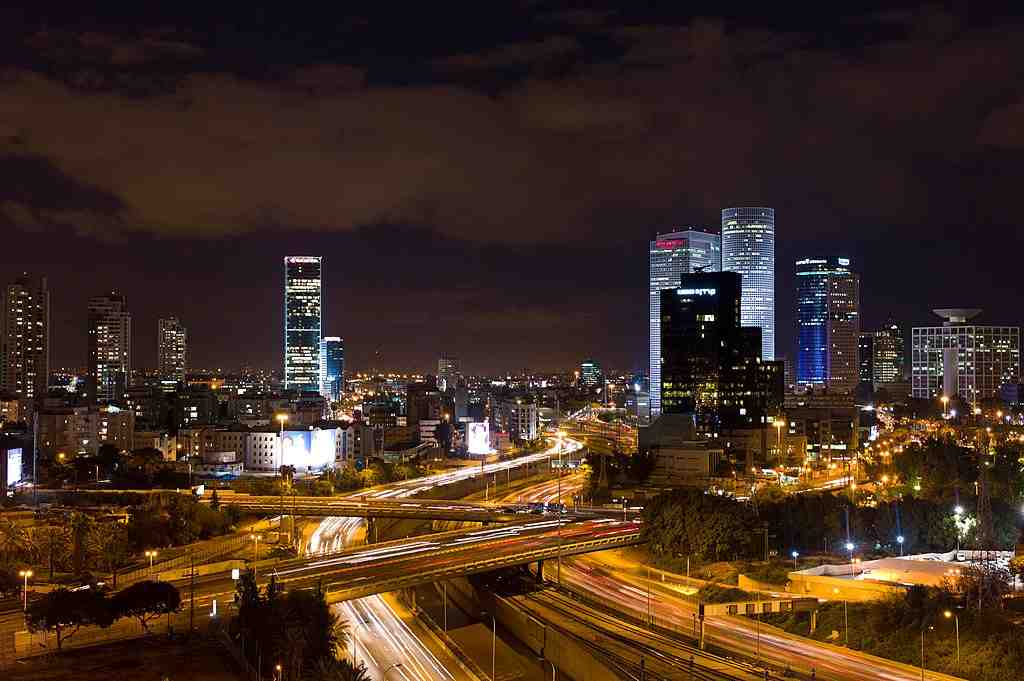
Over 30 armed Palestinians go on a rampage across Tel Aviv
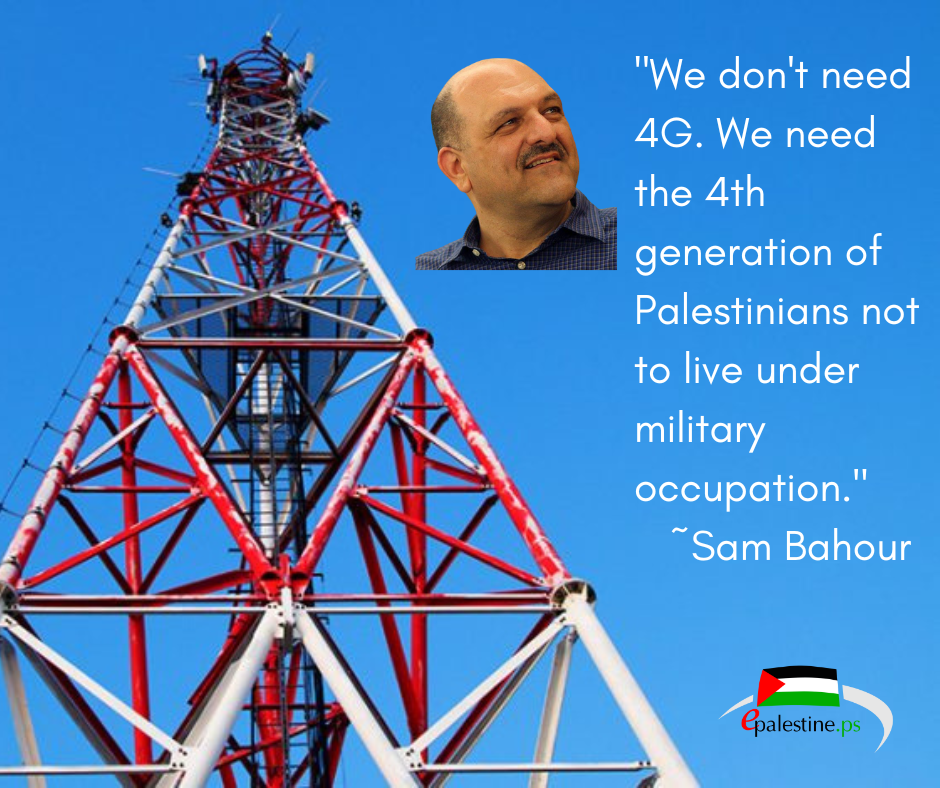
4G
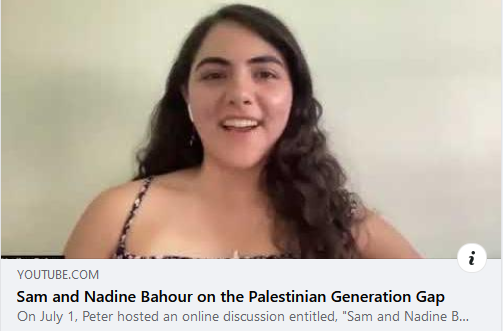
The Beinart Notebook: Sam and Nadine Bahour on the Palestinian Generation Gap
![An American Evangelical Christian Man’s Awakening to Palestine [Book Review]](https://epalestine.ps/sambahour/wp-content/uploads/2022/07/glory-to-god-1544954625.png)
An American Evangelical Christian Man’s Awakening to Palestine [Book Review]
The author of this memoir, Glory to God in the Lowest: Journey to an Unholy Land, Rev. Don Wagner, is a longtime friend. Back in the day, Rev. Wagner was based in Chicago, Illinois and I was in Youngstown, Ohio. We both were engaged in the same struggle for Palestine. Subsequently, when I relocated to Palestine, I would speak to the various eyewitness delegations he led to the Holy Land, or what he prefers to call the “unholy land” — which, he writes, “serves as a place of injustice that awaits the arc of the moral universe bending to usher in justice, peace, and reconciliation.”
![Palestinians never stop conceding, for nothing in return [Book Review]](https://epalestine.ps/sambahour/wp-content/uploads/2022/06/the-olive-branch-from-palestine-2038246591.png)
Palestinians never stop conceding, for nothing in return [Book Review]
Jerome M. Segal’s book has one main goal, which is to highlight the 1988 Palestinian Declaration of Independence as a lost inflection point: a rare, pivotal moment that the US, Israel, and even the Palestinian leadership who issued it, could have seized (but did not) to advance Palestinian statehood and peace between Palestinians and Israelis. “If it seems odd that a Jew should offer his thoughts on how Palestinians can be successful in their struggle, let me only add that the struggle for an independent Palestinian state is also the struggle for a humane and safe Israel, and that there can be no Judaism without a commitment to Justice.”
![Israel’s linguistic acrobatics [Book Review]](https://epalestine.ps/sambahour/wp-content/uploads/2022/06/alex-mcdonald.png)
Israel’s linguistic acrobatics [Book Review]
I am careful about recommending books. Everyone’s time is precious. My commending Alex McDonald’s How I Learned to Speak Israel: An American’s Guide to a Foreign Policy Language, and its sequel, When They Speak Israel: A Guide to Clarity In Conversations About Israel to your attention in a single review, then, means I found them to be beyond impressive. McDonald writes, “Language has consequences.” Then, as Mr. McDonald skillfully dissects the discourse on Israel and Palestine, that statement begins to seem wildly understated. McDonald’s analysis explains in detail how Israel and the West have used language, discourse, and narrative framing to camouflage a never-ending stream of the dispossession of Palestinians, including institutionalized discrimination, human rights abuses, military occupation, and so much more.
![[ePalestine.ps] Haaretz Advertisement – September 22, 1967](https://epalestine.ps/sambahour/wp-content/uploads/2022/06/Haaretz20advert2022.9.67-1.png)
[ePalestine.ps] Haaretz Advertisement – September 22, 1967
![[ePalestine.ps] Let’s get serious](https://epalestine.ps/sambahour/wp-content/uploads/2022/06/FB_IMG_1655039377406-1.jpg)

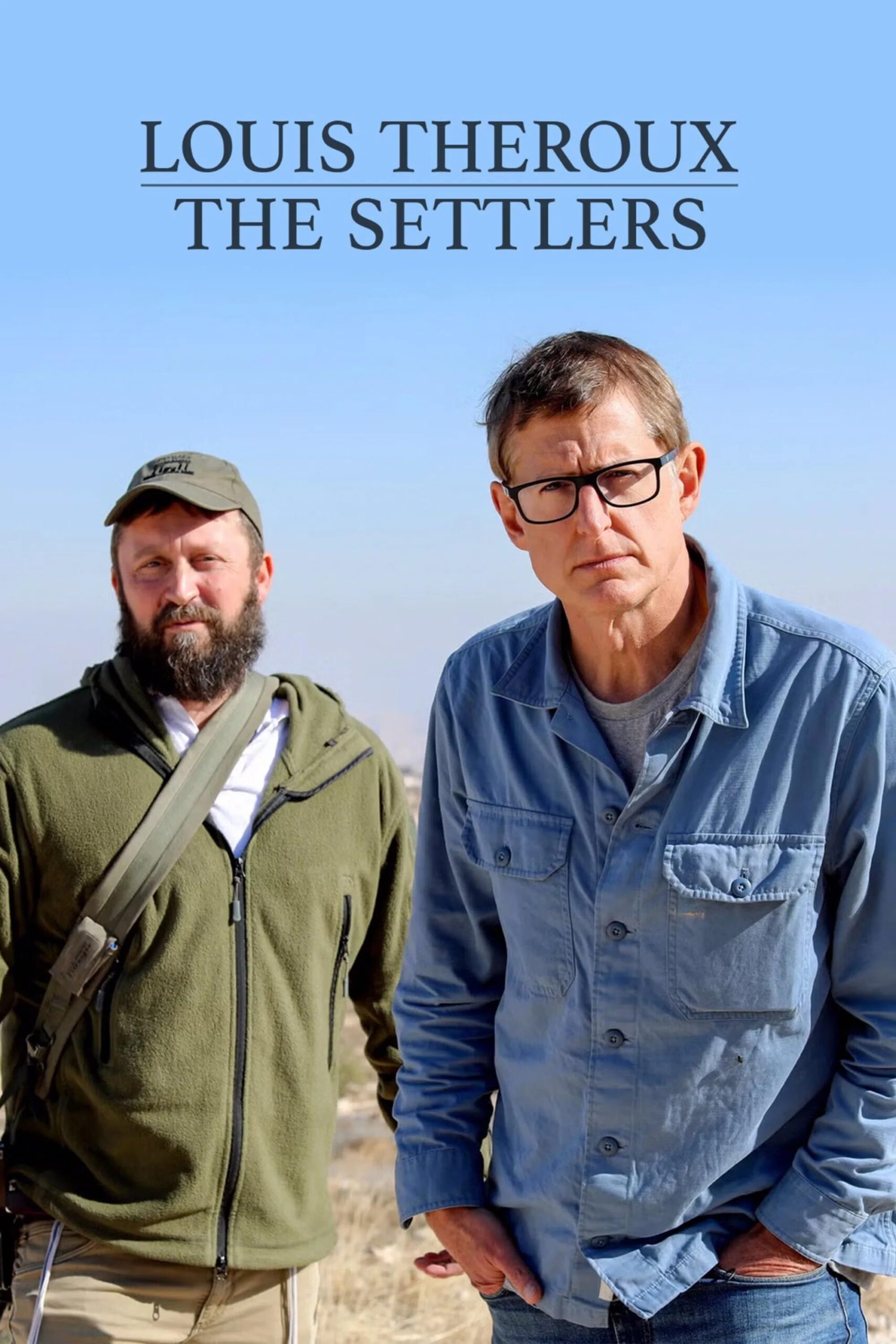

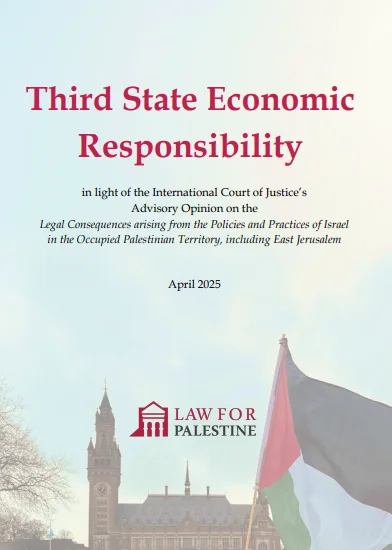
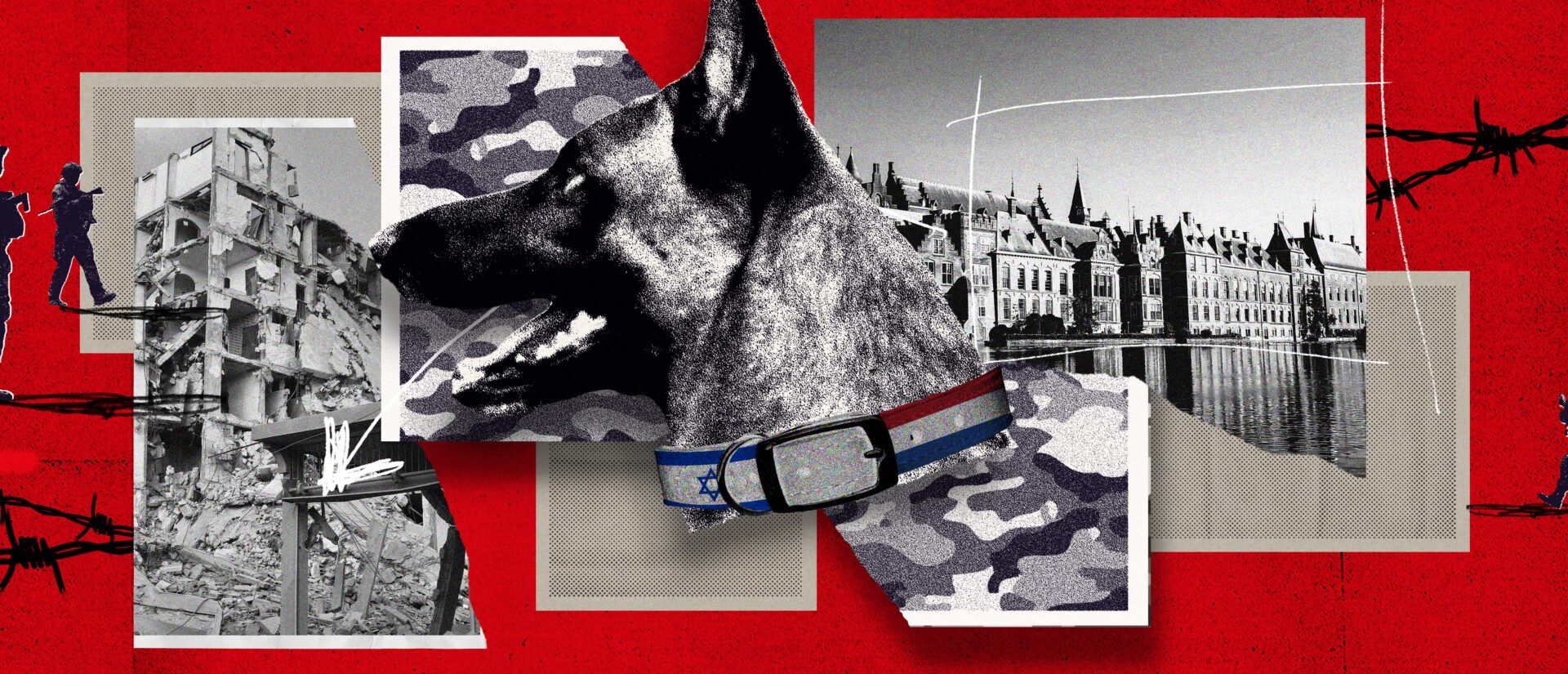
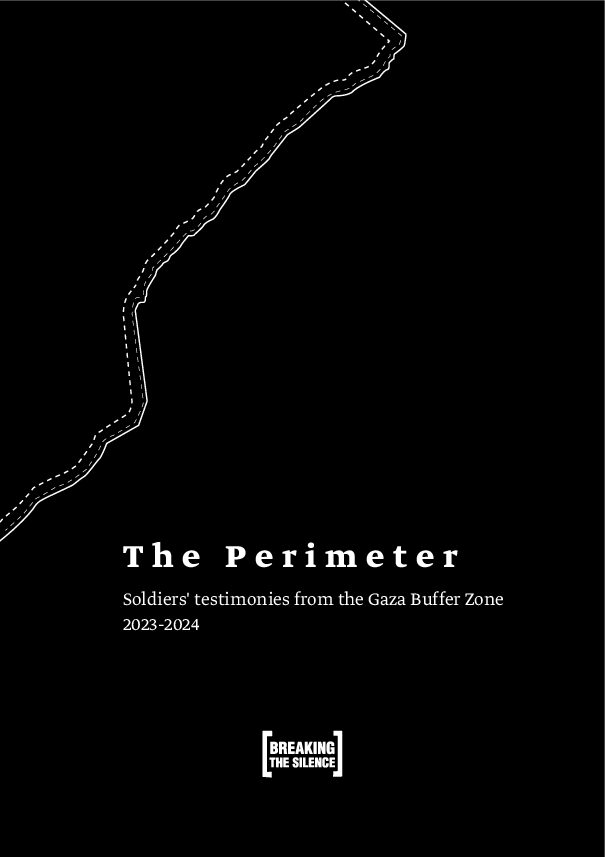
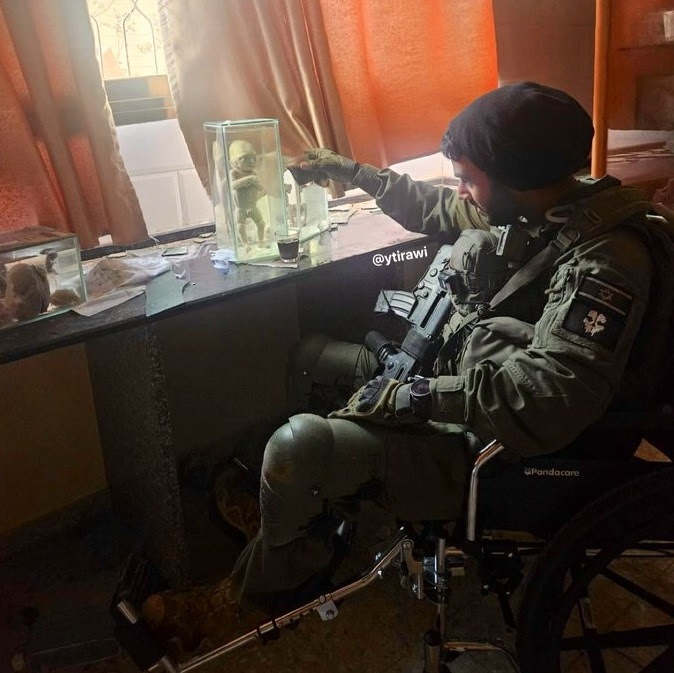

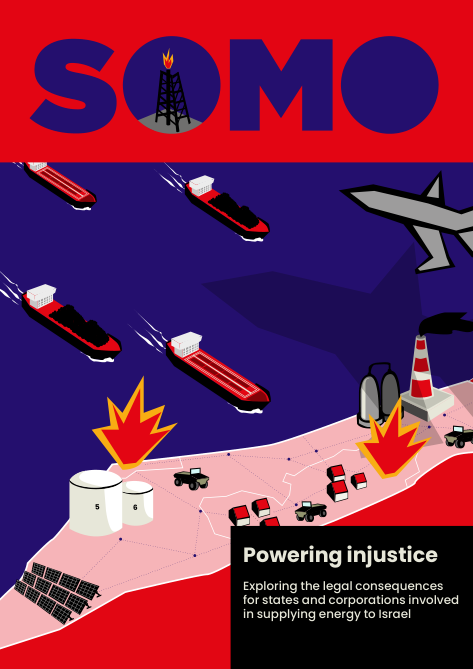
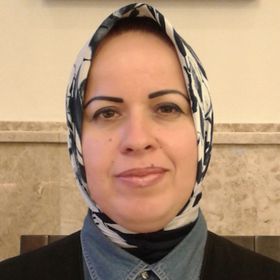
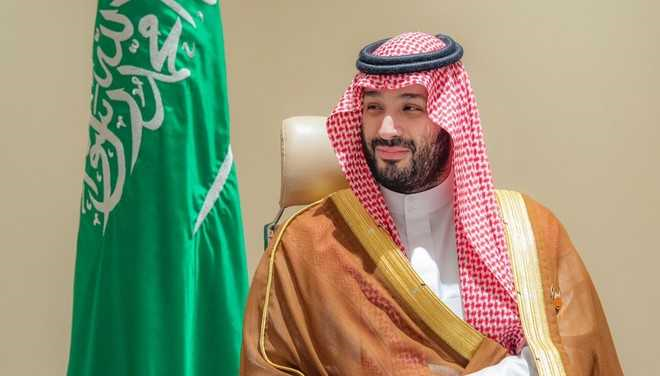
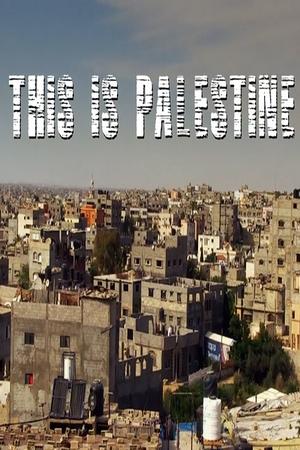
!["They Called Me a Lioness: A Palestinian Girl's Fight for Freedom" [Recommended]](https://epalestine.ps/sambahour/wp-content/uploads/2025/03/they-called-me-a-lloness.jpeg)